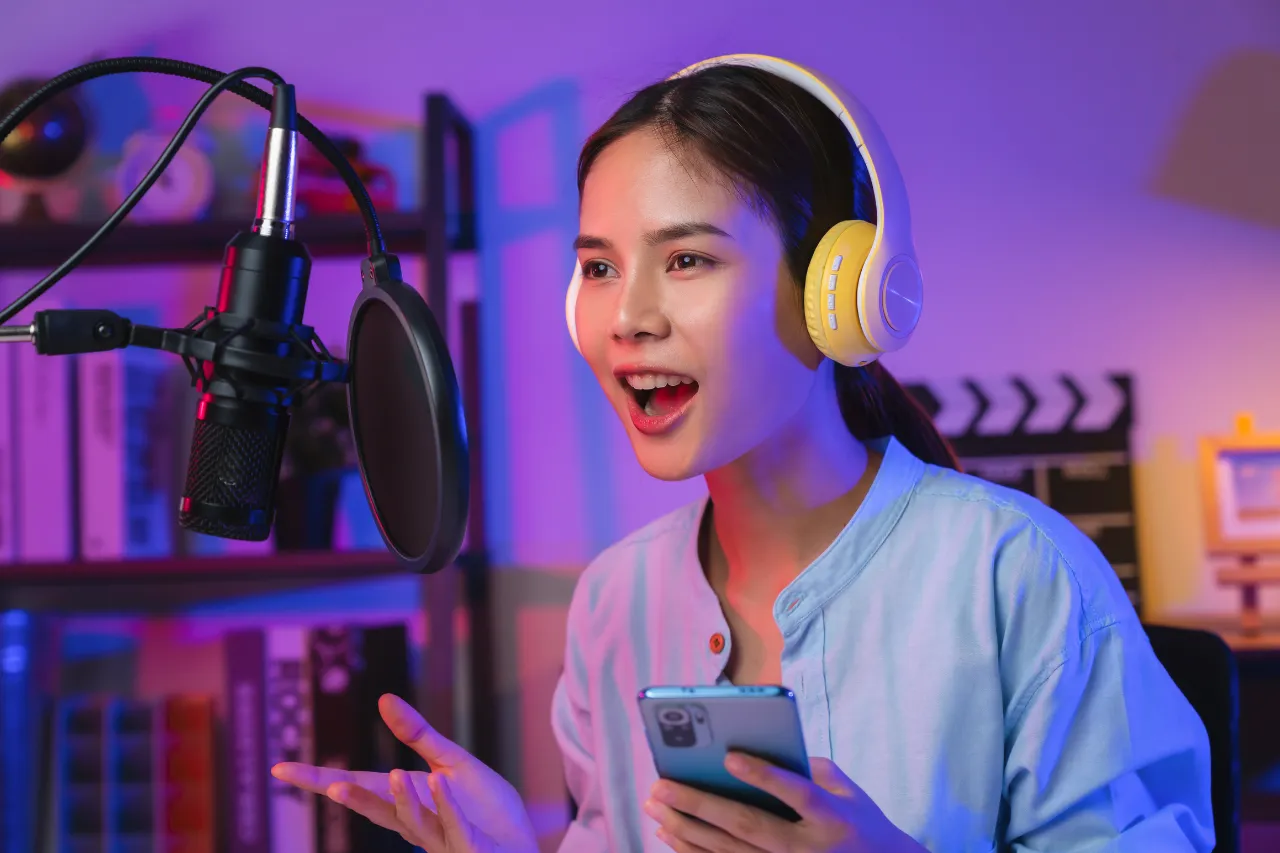In the dynamic world of social media and influencer marketing, parent influencers have been at the forefront, sharing their lives, experiences, and endorsements with their audiences. However, as the digital landscape evolves, so do the legal considerations surrounding these influential families. A groundbreaking shift is underway with the introduction of new legal protections for influencers’ children, with the potential for further safeguards in other states.
The Rise of Parent Influencers
In recent years, parent influencers have emerged as a prominent force in the world of social media. These content creators, often with sizable followings, share their parenting journeys, family experiences, and product recommendations with their engaged audiences. Brands are keen to collaborate with parent influencers, recognizing the trust they build with consumers.
Contracts for Minors: A Delicate Balance
While parent influencers have opened up new avenues for brand partnerships, the inclusion of minors in their content raises legal and ethical considerations. Children cannot legally enter into contracts, and ensuring their welfare and privacy becomes paramount.
What Are Contracts for Minors?
Contracts for minors involve agreements that feature children under the age of 18. These contracts typically outline compensation, usage rights, and responsibilities.
Labor Laws for Minors: Protecting Young Talent
To safeguard the interests of minors involved in influencer marketing, labor laws for minors come into play. These laws regulate the employment of individuals under 18 years of age, including provisions for work hours, conditions, and required permits.
The Lucrative Contracts in Question
As influencer marketing continues to grow, so do the opportunities for lucrative contracts. Brands are eager to collaborate with parent influencers, often involving their children in promotional content. This raises questions about the legal rights, privacy, and compensation of these young talents.
Balancing Profitability and Protection
The intersection of lucrative contracts and child influencers necessitates a careful balance. Brands and parent influencers must consider the legal and ethical implications of these partnerships.
New Legal Protections on the Horizon
The shifting landscape of influencer marketing has prompted some states to enact new legal protections for minors involved in the industry. These protections aim to safeguard the interests of young talents and ensure that their involvement is consensual and in their best interest.
Key Aspects of New Legal Protections
– Consent Requirements: Contracts involving minors may require the explicit consent of the child.
– Financial Safeguards: Ensuring that a significant portion of a child’s earnings is protected or placed in a trust.
– Work Hour Restrictions: Implementing limits on the hours a child can work on influencer campaigns.
– Educational Requirements: Balancing work commitments with educational responsibilities.
Looking Ahead: The Evolution of Legal Safeguards
While some states have taken the lead in introducing legal protections for influencers’ children, the conversation is far from over. As the influencer marketing landscape continues to evolve, further safeguards may be explored to ensure that children’s involvement in these lucrative contracts is both ethical and legally sound.
Protecting the Future of Young Talent
The world of parent influencers and their children in influencer marketing is undergoing a transformation. With the introduction of new legal protections and a growing awareness of the importance of safeguarding the interests of young talent, we can anticipate an evolving landscape that prioritizes ethical and legal considerations. As parent influencers continue to share their lives with the world, the protection and well-being of their children are taking center stage, ensuring a bright and secure future for the youngest members of the influencer community.
Disclaimer: This blog post is provided for informational purposes only and should not be considered legal advice






